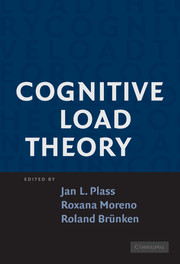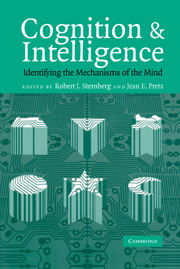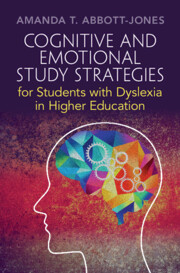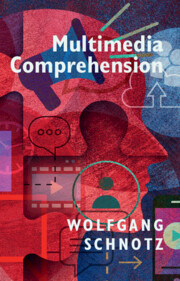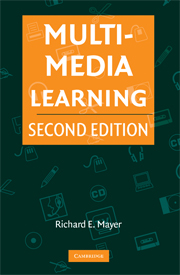Cognitive Load Theory
£95.00
- Editors:
- Jan L. Plass, New York University
- Roxana Moreno, University of New Mexico
- Roland Brünken, Universität des Saarlandes, Saarbrücken, Germany
- Date Published: June 2010
- availability: Available
- format: Hardback
- isbn: 9780521860239
£
95.00
Hardback
Other available formats:
Paperback, eBook
Looking for an inspection copy?
This title is not currently available on inspection
-
Cognitive load theory (CLT) is one of the most important theories in educational psychology, a highly effective guide for the design of multimedia and other learning materials. This edited volume brings together the most prolific researchers from around the world who study various aspects of cognitive load to discuss its current theoretical as well as practical issues. The book is divided into three parts. The first part describes the theoretical foundations and assumptions of CLT, the second discusses the empirical findings about the application of CLT to the design of learning environments, and the third part concludes the book with discussions and suggestions for new directions for future research. It aims to become the standard handbook in CLT for researchers and graduate students in psychology, education, and educational technology.
Read more- Comprehensive review of all issues related to cognitive load theory
- Written by the most prolific researchers from around the world
- Describes the theoretical foundation, empirical evidence, and directions for future developments of this theory
Customer reviews
Not yet reviewed
Be the first to review
Review was not posted due to profanity
×Product details
- Date Published: June 2010
- format: Hardback
- isbn: 9780521860239
- length: 286 pages
- dimensions: 229 x 152 x 21 mm
- weight: 0.59kg
- contains: 13 b/w illus. 20 tables
- availability: Available
Table of Contents
Introduction Jan L. Plass, Roxana Moreno and Roland Brünken
Part I. Theory:
1. Cognitive load theory: historical development and relation to other theories Roxana Moreno and Babette Park
2. Cognitive load theory: recent theoretical advances John Sweller
3. Schema acquisition and sources of cognitive load Slava Kalyuga
4. Individual differences and cognitive load theory Jan L. Plass and Slava Kalyuga
Part II. Empirical Evidence:
5. Learning from worked-out examples and problem solving Alexander Renkl and Robert K. Atkinson
6. Instructional control of cognitive load in the design of complex learning environments Liesbeth Kester, Fred Paas and Jeroen J. G. van Merriënboer
7. Techniques that reduce extraneous cognitive load and manage intrinsic cognitive load during multimedia learning Richard E. Mayer and Roxana Moreno
8. Techniques that increase generative processing in multimedia learning: open questions for cognitive-load research Roxana Moreno and Richard E. Mayer
Part III. Discussion:
9. Measuring cognitive load Roland Brünken, Tina Seufert and Fred Paas
10. From neo-behaviorism to neuroscience: perspectives on the origins and future contributions of cognitive load research Richard E. Clark and Vincent P. Clark
11. Cognitive load in learning with multiple representations Holger Horz and Wolfgang Schnotz
12. Current issues and open questions in cognitive load research Roland Brünken, Jan L. Plass and Roxana Moreno.Instructors have used or reviewed this title for the following courses
- Educational Software Development
Sorry, this resource is locked
Please register or sign in to request access. If you are having problems accessing these resources please email [email protected]
Register Sign in» Proceed
You are now leaving the Cambridge University Press website. Your eBook purchase and download will be completed by our partner www.ebooks.com. Please see the permission section of the www.ebooks.com catalogue page for details of the print & copy limits on our eBooks.
Continue ×Are you sure you want to delete your account?
This cannot be undone.
Thank you for your feedback which will help us improve our service.
If you requested a response, we will make sure to get back to you shortly.
×
